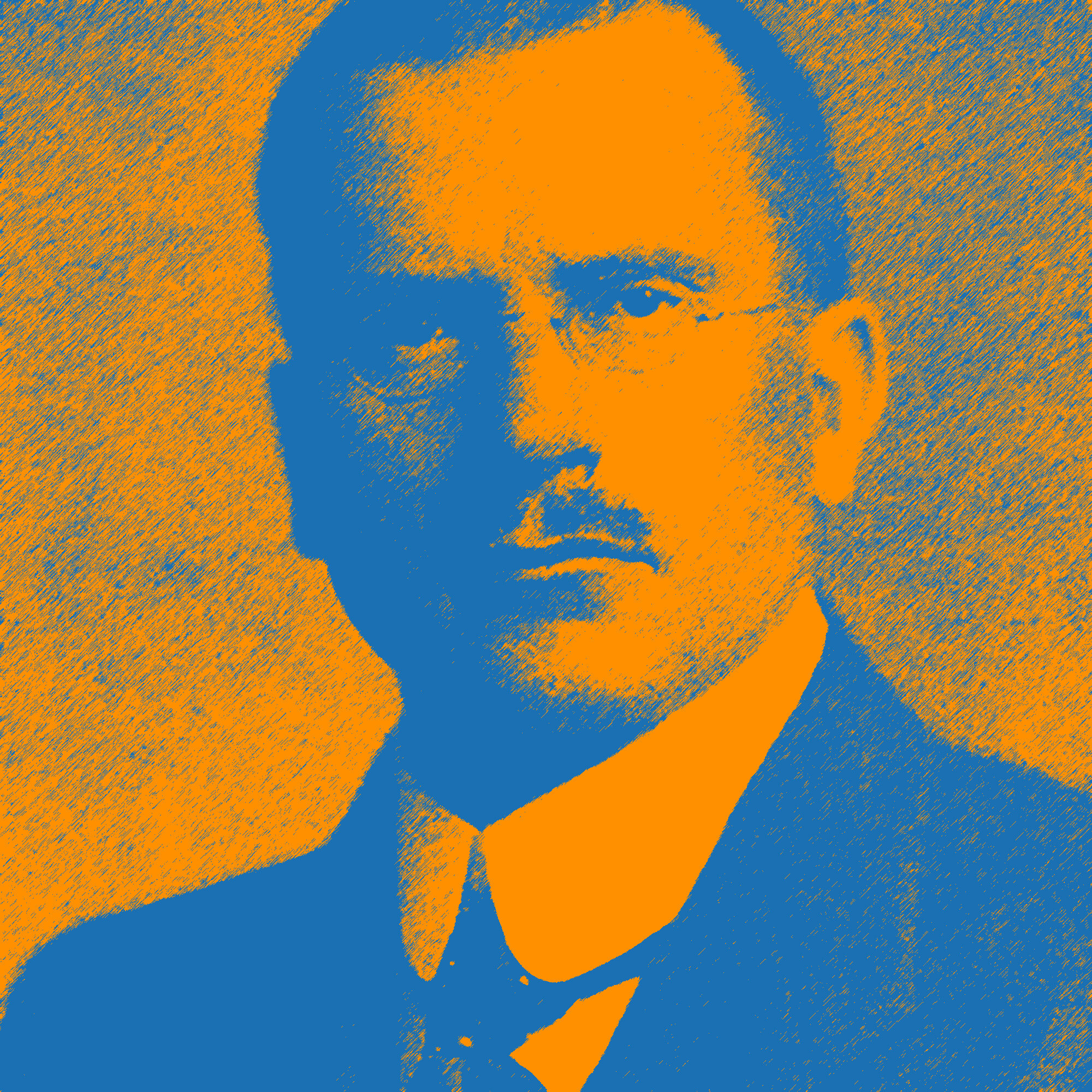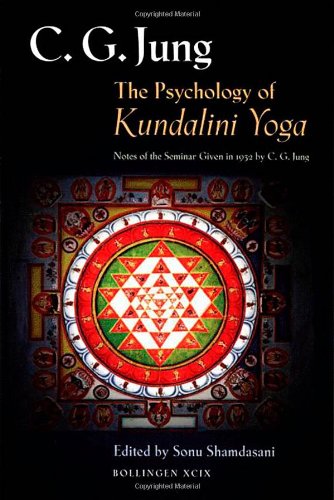
“The world will ask you who you are, and if you don't know, the world will tell you.”
— Carl G. Jung
CARL G. JUNG
1875 - 1961
Carl Gustav Jung (July 26, 1875 – June 6, 1961) was a Swiss psychiatrist, psychoanalyst, and founder of analytical psychology, whose ideas profoundly shaped modern psychology, philosophy, and religious studies. Born in Kesswil, Switzerland, the son of a pastor, Jung developed early interests in philosophy, myth, and religion alongside a career in medicine and psychiatry.
Jung began his professional life at the Burghölzli psychiatric hospital in Zurich under Eugen Bleuler, where his research into word association and the unconscious attracted the attention of Sigmund Freud. The two began an intense collaboration, with Freud viewing Jung as his intellectual heir and securing his role as the first president of the International Psychoanalytical Association. Their partnership ended, however, as Jung’s personal vision diverged from Freud’s, leading to a painful split and the establishment of analytical psychology as a separate system.
At the heart of Jung’s psychology is the process of individuation, the integration of conscious and unconscious elements of the psyche into a balanced whole. His concepts—including the collective unconscious, archetypes, psychological complexes, synchronicity, and the personality types of introversion and extraversion—became foundational not only in psychiatry but also in anthropology, literature, and comparative religion.
Jung’s lifelong fascination with symbols, dreams, myths, and alchemy reflected his conviction that psychology must account for spiritual as well as rational dimensions of the human being. He drew heavily from mythology, world religions, and esoteric traditions, seeing them as mirrors of inner psychic realities.
In addition to his psychological theories, Jung was an accomplished writer, artist, and builder. He designed and constructed his retreat at Bollingen, Switzerland, where he gave physical form to his inner visions. Much of his writing was published during his lifetime, while other works appeared posthumously, continuing to expand his legacy.
Carl Jung’s thought bridged the scientific and the spiritual, offering a vision of the psyche that emphasized wholeness, meaning, and the deep symbolic structures that shape human experience. His influence extends far beyond psychology, leaving enduring marks on philosophy, theology, art, and contemporary culture.













